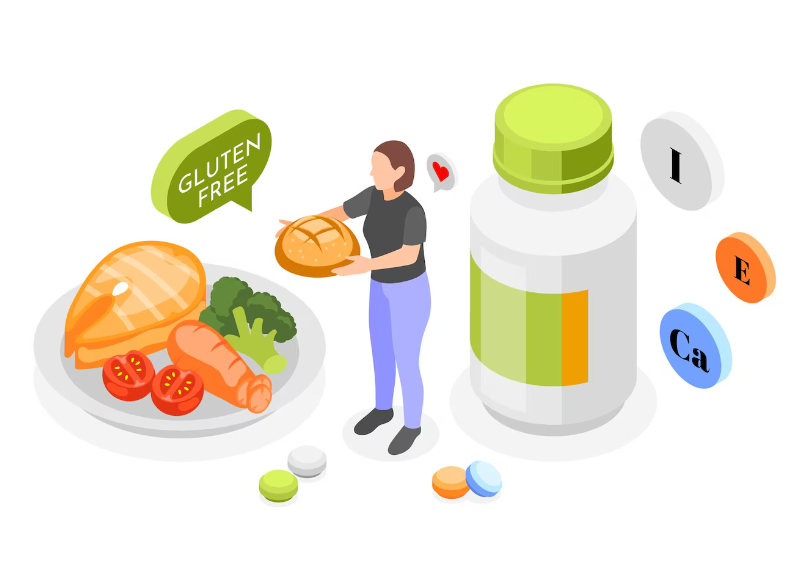
Treatment Options for Gastritis: Medications and Lifestyle Changes
Gastritis, an inflammation of the stomach lining, can cause discomfort and disrupt daily life. Fortunately, there are various treatment options available to manage symptoms and promote healing. Here’s what you need to know about treating gastritis:
1. Medications:
- Antacids: These medications help neutralize stomach acid and provide relief from symptoms like heartburn and indigestion.
- Proton Pump Inhibitors (PPIs): PPIs reduce the production of stomach acid and can help heal the stomach lining. They are commonly used to treat gastritis caused by excess acid production or acid reflux.
- H2 Receptor Antagonists: H2 blockers decrease the amount of acid produced by the stomach and can help relieve symptoms of gastritis.
- Antibiotics: If gastritis is caused by an infection with H. pylori bacteria, antibiotics may be prescribed to eliminate the bacteria and prevent recurrence of symptoms.
2. Lifestyle Changes:
- Dietary Modifications: Avoiding spicy, acidic, or irritating foods can help reduce inflammation and discomfort. Instead, focus on consuming a balanced diet rich in fruits, vegetables, whole grains, and lean proteins.
- Limiting Alcohol and Caffeine: Excessive alcohol consumption and caffeinated beverages can irritate the stomach lining and worsen gastritis symptoms. Limiting or avoiding these substances may help improve symptoms.
- Managing Stress: Stress can exacerbate gastritis symptoms, so finding healthy ways to manage stress, such as meditation, yoga, or deep breathing exercises, can be beneficial.
- Quitting Smoking: Smoking can increase stomach acid production and interfere with the healing process. Quitting smoking can improve overall health and reduce gastritis symptoms.
3. Other Therapies:
- Probiotics: Probiotics are beneficial bacteria that can help restore balance to the digestive system and promote gut health. They may be helpful for some people with gastritis, especially if antibiotics are used to treat H. pylori infection.
- Herbal Remedies: Certain herbal remedies, such as licorice root or chamomile tea, may have anti-inflammatory properties and provide relief from gastritis symptoms. However, it’s essential to consult with a healthcare professional before using herbal supplements, as they may interact with medications or have adverse effects.
4. Follow-Up Care:
After starting treatment for gastritis, it’s essential to follow up with your healthcare provider regularly to monitor your progress and adjust treatment as needed. In some cases, additional testing or treatment may be necessary to ensure the underlying cause of gastritis is adequately addressed.
By combining medications with lifestyle changes and other therapies, you can effectively manage gastritis and improve your quality of life. Remember to consult with a healthcare professional before starting any new treatment regimen, especially if you have underlying health conditions or are taking other medications.
To seek medical advice, always consult a Doctor. Here are our recommended experts. Click Here
To read more on Food poisoning. Click Here


